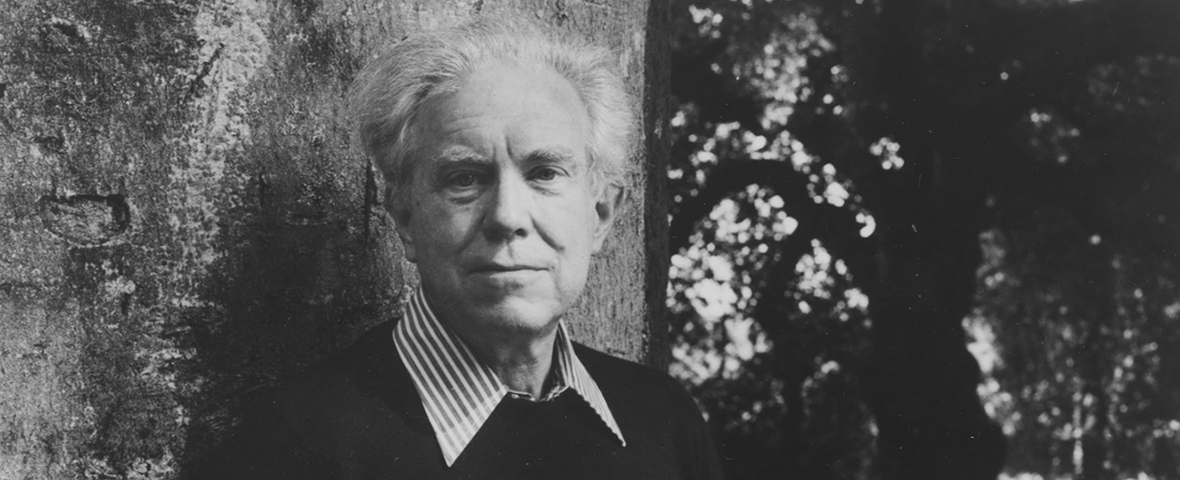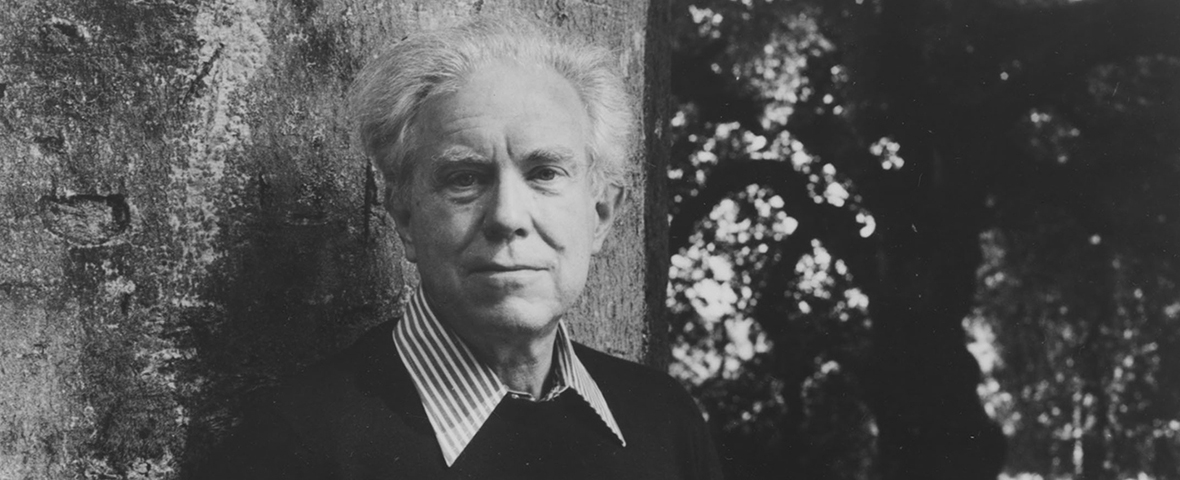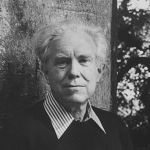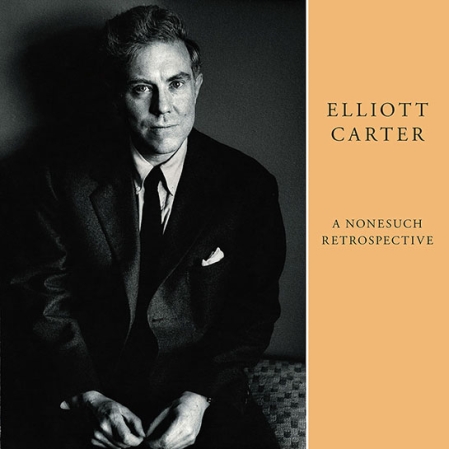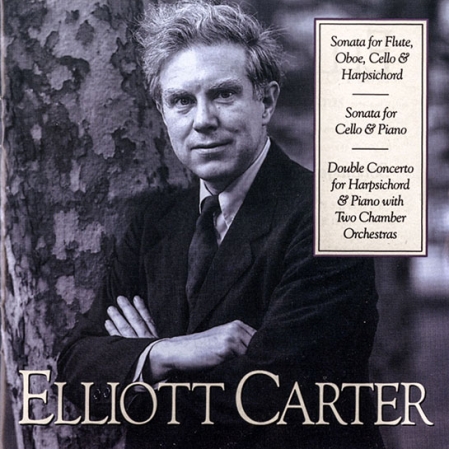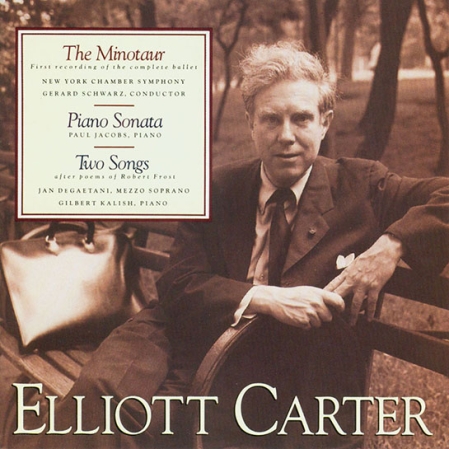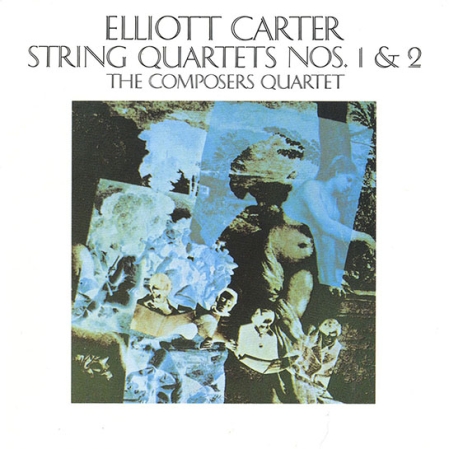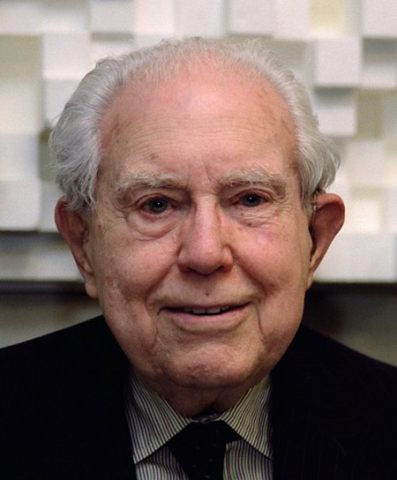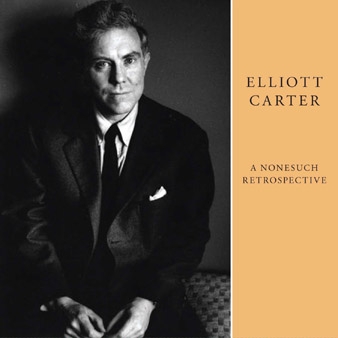Born in New York City on December 11, 1908, Elliott Carter began to be seriously interested in music in high school and was encouraged at that time by Charles Ives. He attended Harvard University where he studied with Walter Piston, and later went to Paris where for three years he studied with Nadia Boulanger. He then returned to New York to devote his time to composing and teaching.
With the explorations of tempo relationships and texture that characterize his music, Carter is recognized as one of the prime innovators of 20th-century music. The challenges of works such as the Variations for Orchestra, Symphony of Three Orchestras, and the concertos and string quartets are richly rewarding. In 1960, Carter was awarded his first Pulitzer Prize for his visionary contributions to the string quartet tradition. Stravinsky considered the orchestral works that soon followed, Double Concerto for harpsichord, piano, and two chamber orchestras (1961), and Piano Concerto (1967), to be "masterpieces."
Elliott Carter has been the recipient of the highest honors a composer can receive: the Gold Medal for Music awarded by the National Institute of Arts and Letters, the National Medal of Arts, membership in the American Academy of Arts and Letters and the American Academy of Arts and Sciences, and honorary degrees from many universities. Hailed by Aaron Copland as "one of America's most distinguished creative artists in any field," Carter has received two Pulitzer Prizes and commissions from many prestigious organizations.
Elliott Carter died on November 5, 2012, at the age of 103.
